The Bacillus Calmette -Guerin (BCG) vaccine is used to protect people against tuberculosis (TB) which is caused by a bacteria, Mycobacterium tuberculosis complex and can lead to serious infections of the body, most commonly the lungs. TB has also been linked to meningitis infections. (1)

Transmission occurs when a person infected with TB releases infected droplets from their respiratory tract, which is then breathed in by an unaffected person. TB is quite difficult to contract, therefore, it only really affects those in close contact with people infected with TB, i.e those living, treating, or caring for someone with TB. (1)
The BCG vaccine is a live attenuated vaccine and is made from a weakened strain of the TB bacteria, it provides a good immunity, without causing the disease. It is most affective up to 80% , against severe forms of TB, such as TB meningitis in children. (2)
In 1953, the BCG immunisation programme was introduced in the UK, as TB affected the young and working age adults, the programme targeted children of school leaving age (14 years old). During the 1960’s the TB rate in UK born population had decreased but still remained prevalent in families that migrated, therefore, it was recommended to protect children of new entrants at the earliest opportunity, where born in the UK or not. To compliment this part of the programme, neonatal BCG immunisation programme was introduced to protect those infants born in the UK to parents from countries with a high level of TB and vaccinating them following birth. Due to a decline in TB in 2005, it was decided to stop the adolescent vaccination programme (10-14years old), it became a risk based programme and continues to vaccinate neonates and children most at risk(1).

The BCG vaccine is not part of the routine vaccination schedule, it is only available on the NHS to children or adults who have an increased risk of coming into contact with TB. Babies born in the UK where TB rates are higher than the rest of the country or have a parent/grandparent born in a country with an increased rate of TB.
It may also be administered to older children who have recently arrived form a country that has high prevalence of TB or who have come onto close contact who is infected. As the vaccine does not work well in adults, it is rarely given to those over the age of 16, however, it is offered to those aged 16-35 who may be at risk of TB due to their work environment. (2)
1. Public Health England (2018) The Green Book: Chapter 32 Tuberculosis [ONLINE] Available at: https://www.gov.uk/government/publications/tuberculosis-the-green-book-chapter-32 Accessed 14th September 2020
2. NHS (2019) BCG tuberculosis (TB) vaccine overview [ONLINE] Available at: https://www.nhs.uk/conditions/vaccinations/bcg-tuberculosis-tb-vaccine/ Accessed 14th September 2020
Written by Lisa Humble (ECG Clinical Development Manager), Tuesday 13th October 2020













